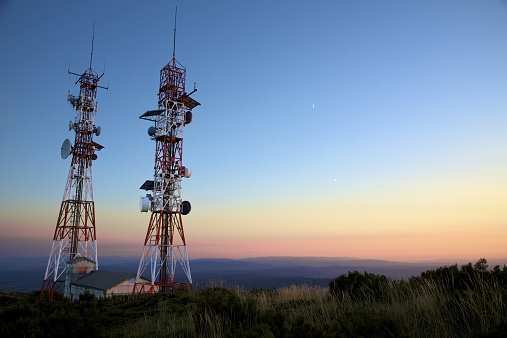
New Delhi: The sector regulator has rejected the Department of Telecommunication’ call to extend the licencing norms applicable to internet service providers (ISPs) and virtual network operators (VNOs) to the newly proposed category of public data office aggregators (PDOAs), saying such a scenario would hinder the latter’s ability to deliver affordable public WiFi services and boost broadband penetration.
“Asking PDOAs to operate under a VNO-ISP licence, which is designed to regulate integrated ISPs, would defeat the whole purpose of this exercise, and kill innovation at initial stage,” the Telecom Regulatory Authority of India (Trai) said in response on Friday to DoT’s back reference on its March 2017 recommendations on public WiFi services. It added that accordingly, it “does not agree with DoT’s proposal of granting a UL (VNO-ISP) license” to a PDOA.
Back in March 2017, Trai had recommended an aggregator-model, suggesting that a new category of PDOAs deliver public WiFi services without a licence. It had also suggested that such aggregators work with small entrepreneurs who would provide the venues or `public data offices’ (PDOs) for such mass WiFi deployment.
Trai has also objected to DoT’s suggestion of restricting operations of PDOAs to the district level, saying such a move would be unjustified and would also make implementation of the proposed Wi-Fi Access Network Interface (WANI) framework commercially unfeasible, and cumbersome. The regulator believes the WANI framework improves security of communication and reduces risk of intrusion.
Further, the sector regulator added that the current licencing rules for VNOs/ISPs are “too complex” and implementing them on PDOAs would also automatically discourage startups, app developers and small shop owners to set up public WiFi hotspots.
The DoT had advocated that a PDOA be treated akin to a licensed VNO/ISP – with a one-time entry fee of Rs 10,000 at district level -- under the current nunified licensing rules since such entities would also acquire customers via e-KYC and procure bandwidth from ISPs/TSPs and also need to maintain security and data storage.
Trai, on its part, has also opposed DoT’s call to impose a license fee of Re 1 per annum on PDOAs via the revenue sharing model. Noting that it had clearly recommended that entities registered as PDOAs under the WANI framework need not pay any fees on a revenue share basis.This, it said, was since licenced telcos and ISPs would be providing internet connectivity to PDOAs on commercial rates and pay the due amount of license fee to the government on revenue realised from this connectivity.
Three years ago, the sector regulator had asked DoT to tweak ISP permit rules, free up new spectrum bands and expedite steps to make WiFi access devices cheaper by ringing in affordable WiFi services in public places, aimed at boosting broadband penetration.
Trai had also then said the joint involvement of aggregators and small entrepreneurs would boost employment opportunities and encourage entrepreneurship in rural areas.
No comments:
Post a Comment